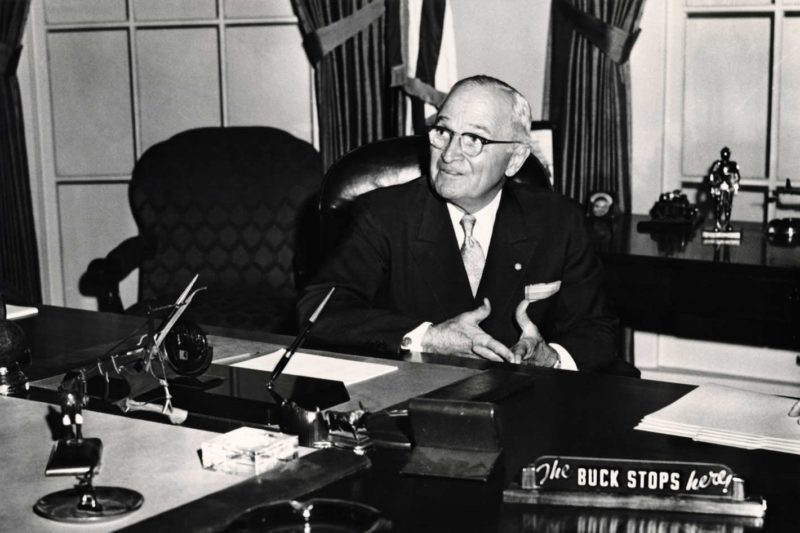Should You Grow Through Acquisition?
 There are two ways you can grow your business: the fast way or the slow way. What’s important is that there is no easy way.
There are two ways you can grow your business: the fast way or the slow way. What’s important is that there is no easy way.
Both have their pros and cons, and in this article, we’ll examine the question of whether you should grow your business through acquisitions.
Organic Growth
If you have the time and the money, organic growth is almost like compounding interest: it will happen as long as the fundamentals are sound.
You can add new products or services, increase sales, increase market share, etc. This growth will be part of a narrative that will make for a valuable exit one day, but it is a day in the far future, as organic growth is slow.
Growth through Acquisition
On the other end of the spectrum is growth through acquisition. You can instantly acquire new revenue, resources, and introductions to markets. But you have to pay for it with time and money as well, just at a different pace.
- You will have to pay for the acquisition. Sometimes a good earnout can be negotiated with an outgoing seller, or good payment terms negotiated. What is important is never to pay too much in cash or to take on too much debt.
- You need to have a plan. Since this business will need to be integrated with your existing one, you’ll need to have a plan as to how departments will come together, including the hard decisions to let some people go. Those first 100 days after the acquisition are a key part of success.
Beware of Deal Fever
We’ve seen this illness before, and it can happen to the most rational and cool-blooded among us: like Ahab chasing the white whale, people can get lost chasing a deal.
- Keep in mind that pursuing an acquisition can become a part-time job/project. Don’t let yourself be distracted from your core business that you are looking to improve through this acquisition. Either have someone (like a broker) help you through it, or make sure you delegate parts to your team so that you don’t take 2 steps forward only to take 2 steps back.
- Don’t let deal fever blind you to the facts. Sometimes we want a deal to happen badly enough that we will ignore our own due diligence and say our “gut” is telling us to move forward. Deal fever can confuse you: that’s why it’s important to have an unbiased third party (like a broker) help you evaluate numbers and your integration plan.
It’s not binary. You can grow organically and through acquisition. What’s important is to stay focused and enjoy the journey, never letting present success go to our head as we plow forward to possible future success.
Are you considering making some acquisitions to grow your company? Give us a call to see if we have any listings that are a good fit for you.

 We’ve said before how important it is to
We’ve said before how important it is to  There are so many questions you might ask yourself when thinking about becoming a business owner.
There are so many questions you might ask yourself when thinking about becoming a business owner. 
 Because you have great staff
Because you have great staff  Advantages
Advantages
 If Millennials have added anything to the conversation around hiring these days, it’s the idea that cultural fit matters.
If Millennials have added anything to the conversation around hiring these days, it’s the idea that cultural fit matters. You can google the title of this article and you’ll find hundreds, perhaps thousands, of articles, many of which take a position as to why you should “never” have a partner or “always” have a partner.
You can google the title of this article and you’ll find hundreds, perhaps thousands, of articles, many of which take a position as to why you should “never” have a partner or “always” have a partner. Application in your Business
Application in your Business